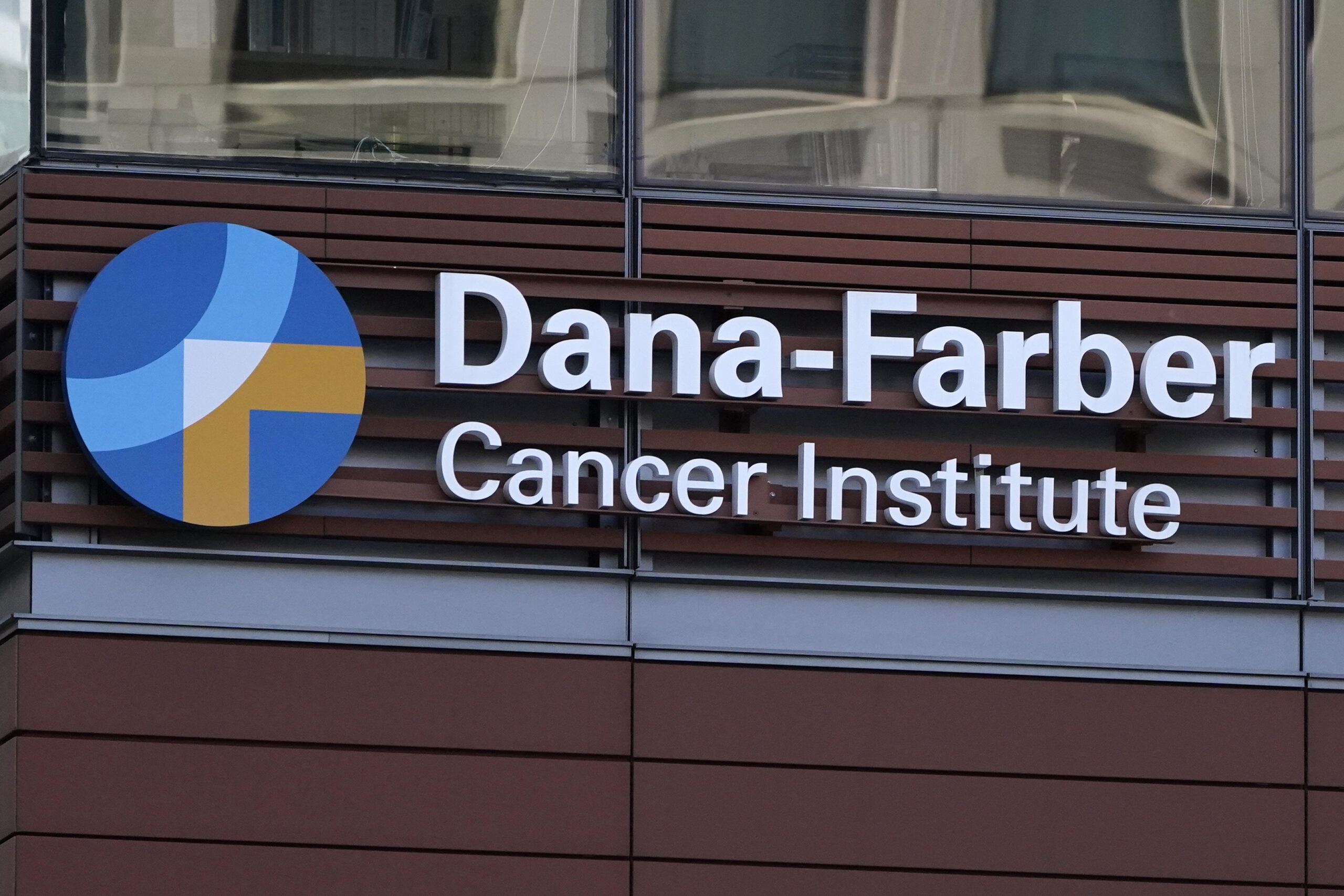

The Dana-Farber Cancer Institute, an affiliate of the Harvard Medical School, will retract or correct dozens of papers by four top cancer researchers following the results of a data falsification investigation.
Six papers will be retracted entirely, and 31 will have corrections issued, per the results of an investigation started after allegations of data manipulation against the institute’s president and CEO, Laurie H. Glimcher, and three other researchers.
Fifty-seven papers are being reviewed in the investigation into Glimcher, Executive Vice President and Chief Operating Officer William C. Hahn, Senior Vice President for Experimental Medicine Irene M. Ghobrial, and Harvard Medical School professor Kenneth C. Anderson.
The corrections come after former university President Claudine Gay was caught in a plagiarism scandal that led to her ouster. In addition, Harvard Business School professor Francesca Gino was placed on administrative leave last year after allegations of falsified data.
In the Dana-Farber Cancer Institute instance, however, institute research integrity officer Barrett J. Rollins said a determination on whether the researchers intended to deceive is yet to be made.
The “presence of image discrepancies in a paper is not evidence of an author’s intent to deceive,” he said, according to the Harvard Crimson.
“That conclusion can only be drawn after a careful, fact-based examination which is an integral part of our response,” Rollins continued. “Our experience is that errors are often unintentional and do not rise to the level of misconduct.”
According to Rollins, cancer institute researchers had the “primary responsibility for the potential data errors” in 38 of the flagged articles, for which they have “taken prompt and decisive action” on 37, with the last still under review.
The investigation came after molecular biologist Sholto David pointed to what he believed were data irregularities in the studies authored by the four researchers, showing in a Jan. 2 blog post examples of the manipulation of images in papers.
He pointed to what he said were some of the more serious manipulations, where images of data from experiments showed evidence they had been copied from a photoshop program and pasted into the articles.
Three of the last 19 articles appear to be in the clear and “require no further action,” according to Rollins, but the investigation continues for the remaining 16 articles because the data collection took place at facilities not associated with the four researchers at the center of the review.
CLICK HERE TO READ MORE FROM THE WASHINGTON EXAMINER
Rollins said those laboratories have been contacted where possible, vowing, “We are committed to a culture of accountability and integrity. … Every inquiry about research integrity is examined fully.”
The institute is reviewing an unknown number of other papers as well and says it was aware of allegations made against some of the articles under scrutiny now before David’s blog post.







